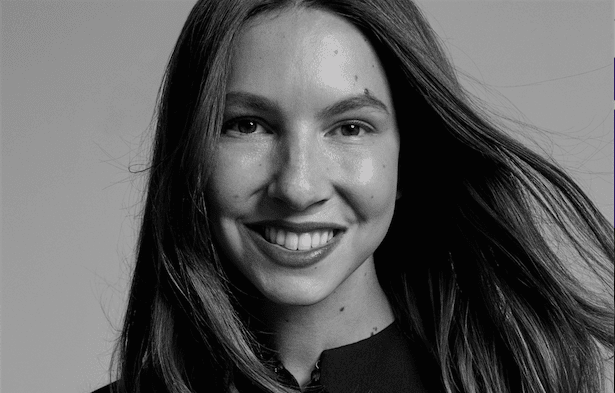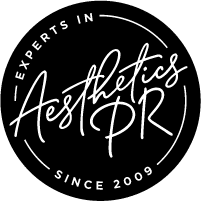One of the main problems with the aesthetics industry is the lack of conversation outside of professional forums. Of course, training our practitioners to the highest possible standard is key – but so too is educating the public. If we don’t take these conversations outside of the conferences and expos, we contribute to the misrepresentation of what modern-day procedures – and products – actually do. And the results of this will be disastrous. In fact, they already are.
But a straightforward conversation isn’t always the answer. There are plenty of so-called ‘experts’ on social media, ready to share their knowledge and shape the perceptions of young, impressionable or misinformed patients. What we need instead are wider conversations conducted by true professionals: the doctors, dentists and prescribing nurses who have had the necessary training to be able to safely, and responsibly, administer these treatments. Only by extracting genuine information from genuine practitioners can we bridge the gap between the public’s perception of these procedures and the truth.
Of course, not everyone is misinformed. Some people are perfectly up to speed on what injectable treatment entails. They’re up to speed because they have these procedures regularly and have been doing so for some time. These women (and men) – may know the dangers associated with seeing an unlicensed practitioner; and they likely understand how, and why, these products are placed where they’re placed. They are educated patients who have done their homework and for this reason alone they are one step closer to receiving a safe and ethically-administered treatment. So are they sharing this information?
Not always. Because there’s also a psychological undercurrent to this conversation. Not everyone feels comfortable discussing the aesthetic treatment that they’ve had – perhaps for fear of being judged, or because they don’t want to be compared to. But by staying silent about the procedures we’ve had, we’re fuelling the judgement and the comparison. Could you not argue that we’re just as responsible for this wider miseducation by not being honest about our own journeys?
Ageing is not exclusive: it will happen to all of us at some point. Perhaps it already has. So why do some of us still hide the decisions that we are taking; decisions that we are primarily making to empower ourselves? Isn’t projecting the version of “us” that we believe ourselves to be also about being able to own those actions? Is there perhaps a shame associated with injecting toxins and filler into our faces, and if so – why? Does it suggest we’re ageing faster or less gracefully than those around us? Or that we care too much about ageing to begin with?
Six months ago I started a series of conversations called The Beauty Triangle. The idea – to curate holistic panels of aesthetic and wellness experts, for the purposes of educating consumer audiences – wasn’t simply about opening up new dialogues. It was to break down the barriers that are preventing these conversations from happening in the first place. As we approach our eighth talk this month, it is clear to me that these forums have not only become a place where professionals from our industry can speak directly to everyday consumers (and potential patients) – but that they also offer audiences a safe space to ask questions. Questions they didn’t know they had up until that moment; or questions that they didn’t know where to find the answers to before.
My hope is that, with time, these conversations will become bigger and louder and more explorative. In an ideal world, not only will they help to educate modern-day audiences on the fast-paced and ever-changing world of aesthetics – but they will go some way to empowering them too.
by Francesca White
@the_beauty_triangle



Share